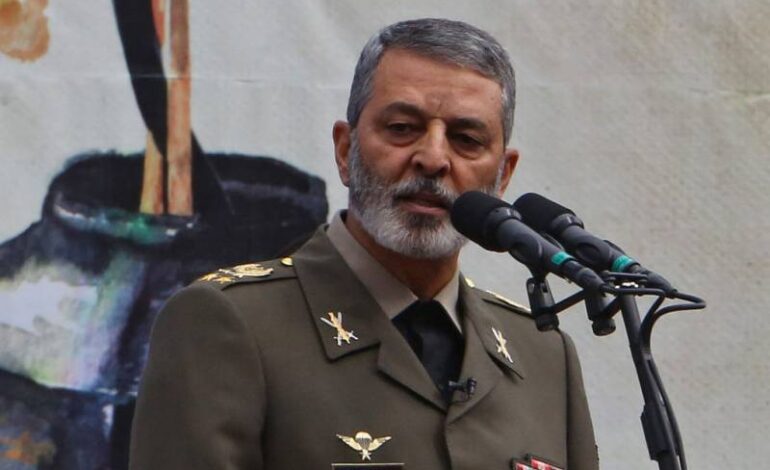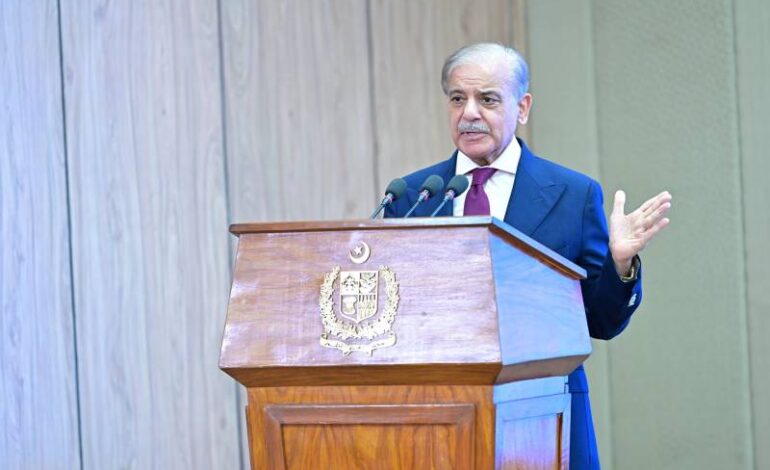
Iran Casts Doubt on Israel’s Commitment to Ceasefire After Deadly 12-Day War
Iran expressed serious skepticism on Sunday over whether Israel will honor the ceasefire that ended a 12-day conflict between the two adversaries. The war, which erupted on June 13, saw Israel launch a series of airstrikes targeting senior Iranian military officials and scientists tied to its nuclear program. Tehran responded with retaliatory missile strikes, while also voicing concern that the truce may not hold.
Iran’s military chief Abdolrahim Mousavi stated that although Iran did not initiate the war, it retaliated “with all our power” and warned that the country remains ready to respond forcefully to any future aggression. Six days into the ceasefire, brokered by U.S. President Donald Trump, Iranian officials continue to question Israel’s willingness to uphold its commitments.
The conflict has further complicated stalled nuclear negotiations between Tehran and Washington. The United States joined Israel in the military campaign, targeting key nuclear-related facilities in Iran. President Trump also warned of future strikes if Tehran attempts to enrich uranium to weapons-grade levels.
Iran has previously enriched uranium to 60%, well above the limits set in the 2015 nuclear agreement that the U.S. exited in 2018. While Iran denies pursuing nuclear weapons, Israel cites existential threats and maintains strategic ambiguity about its own nuclear arsenal, estimated by international watchdogs to include roughly 90 warheads.
The war claimed the lives of at least 627 Iranian civilians, according to Iran’s health ministry, with nearly 5,000 more wounded. Israel reported 28 deaths as a result of Iranian retaliatory missile strikes. Iran also arrested dozens accused of spying for Israel and claimed it seized drones and military equipment during the conflict.
One of the most devastating incidents occurred when an Israeli strike hit Tehran’s Evin Prison, killing 71 people including guards, staff, prisoners, and nearby civilians. Among the concerns raised internationally was the safety of foreign detainees, including several French nationals. France condemned the strike as “unacceptable,” though its foreign minister confirmed that detained citizens were unharmed.
In a further clampdown, Iran’s parliament passed legislation banning unauthorized communication devices, including Elon Musk’s Starlink satellite internet service, signaling heightened security and censorship measures in the wake of the conflict.
As both sides regroup and tensions simmer under the ceasefire, the long-standing hostilities between Iran and Israel appear far from resolved, with regional and international implications continuing to unfold.






